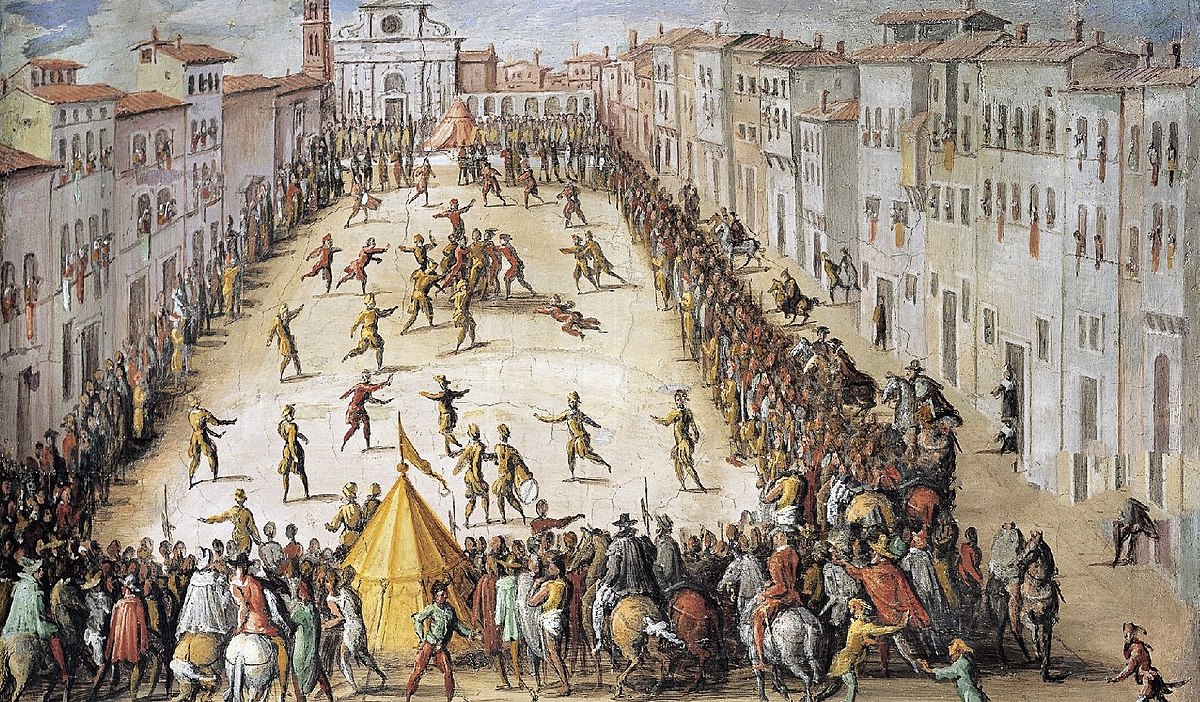Quokka
wandering
- Joined
- Mar 26, 2005
- Messages
- 1,444
Sorry if this is in the wrong section but a little while back I read a fictional story that was based around the real life english/american translation of Dante's Divine Comedy by, amongst others, the poet Henry Wadsworth Longfellow.
Dante's work has been on my to read list for awhile now and was just wondering what the opinions of the people who have read this are? How interesting a read is it outside of the historical context and how hard is it to read?
Dante's work has been on my to read list for awhile now and was just wondering what the opinions of the people who have read this are? How interesting a read is it outside of the historical context and how hard is it to read?


